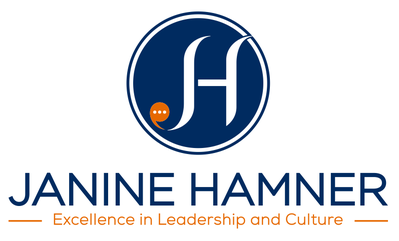I came across an astounding statistic in my research recently on emotional intelligence: we spend 2% of our time at work listening. This is juxtapositioned against the fact that we spend 21% of our time at home listening.
Let’s break this math down.
If we’re working 8 hours a day (way more than that for most people, but let’s go with it for the sake of this example), we spend 480 minutes at work. 2% of that is just 9.6 minutes!
If we’re at home the remaining 16 hours, we’re listening 21% of the time. We’re listening for 3.36 hours…and we’re asleep for 8 of the 16…again, for the sake of the example.
If we accept these artificial parameters (and you can run the numbers yourself for your exact life):
- We spend 9.6 minutes of the 8 hours at work listening
- We spend 3.36 hours at home listening
What?!?!?!?!?
It’s time to address the imbalance. We’ve learned that to keep our personal life on track, we have to listen. If (when) we don’t spend time listening to the people who are important in our lives, we’ve learned that it doesn’t go very well!
Now we need to take those skills to the workplace. True confession: I hate the question, “How are you?” because usually people aren’t really asking – it’s just a filler until we move onto another topic. Such questions act like verbal “grout” to move us from entering the conversation to the real business of the day.
Through the COVID-19 crisis, however, checking in with people has taken on a whole new meaning. We truly care. We’re honestly curious and concerned. It matters to us and to the organization how people actually are. And we get to lean in, offering support, coaching and other resources to ensure that our people are doing well. A recent survey taken in April 2020 revealed that one of the biggest positive changes that people have experienced during this crisis was empathy. In order to understand someone else’s experience, we have to truly listen.
Listening is hard. Humans do not listen well. We’re often thinking of…
- the next thing WE want to say and crafting our points
- whether we agree or disagree with the speaker
- how smart we think they are…or how smart we hope they’ll think we are when we make our next point, or
- making next week’s shopping list or some other equally pertinent question
Really listening – what’s often called active listening – is a skill that can be developed. It requires staying present, out of your head. We want to stay with people and also listen for the complete message being communicated – which may be more than just the words they’re saying. It requires careful attention.
We also get to practice acknowledging the person while they speak to encourage them to continue. “Uh-huh” or “I see” or “interesting” or just nodding your head are all ways to acknowledge to the speaker that you’re listening and interested. You can also ask a clarification question to ensure you’re getting what they’re saying.
Another technique is reflecting back: “What it sounds to me like you’re saying is…” or “I think you’re saying…do I have that right?
A key distinction: listening well and communicating that you understand isn’t the same as agreement. You can listen and disagree. “I see you, I hear you, I respect you and I disagree with what you’re saying. Here’s why…” also indicates that you’re listening and respectfully disagreeing.
Creating a culture of active listening also requires a commitment to teaching and modeling strong communication practices. Good communication flows in many directions. Employees feel heard when they can share their ideas and ask questions without being belittled or put down. In many organizations, pointing out potential concerns or issues is considered risky business. Creating a space where questions can be posed and all ideas are welcome will assist your organization realizing its full potential.
What might be possible if we took our great listening skills out of the living room and into the meeting room, break room or board room? Organizations with strong emotional intelligence (of which listening is a part) are 20% more profitable than those with low emotional intelligence. If listening better can increase your bottom line…isn’t it time we get serious about listening?






